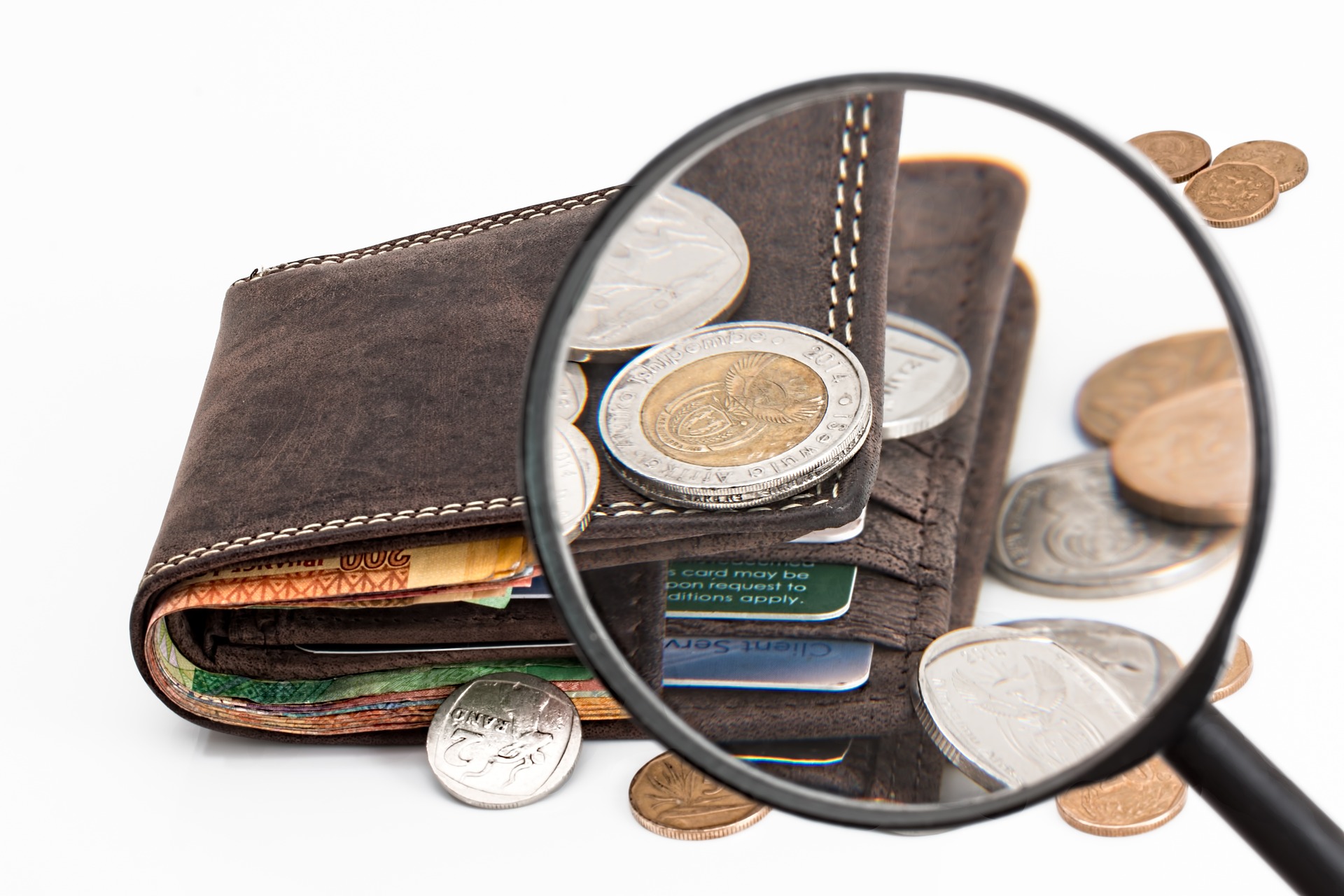Budget

Mar
17
Budget
We all need to do it but very few of us actually do. In this post, I have outlined some things that I wish someone told me when I first started to manage my money. It has different sections, and each one builds upon the previous one. Let’s begin.
1. Net Income
You start each month with a Net Income, this can be a scholarship, a job, or an allowance from your parents. Your income is then distributed into things that satisfy your needs. You must know how much your income is and take precautions to not exceed it.
2. Expenses
Tracking your spending is key. Separate your spending into fixed and variable. Fixed will include your rent/dormitory fee, utilities, and other things that you buy every month and whose cost does not change (Spotify, Netflix subscription, etc.). I get it, utilities are not fixed but in order to be on the safe side, your payments should be viewed as such. If you live in a flat, you need to estimate how much your average utilities will be and add about 5000 HUF to that. The sum of this amount and the rent will be a portion of your income that no matter what happens you will not touch.
The variable cost will include things like food, travel, household items, etc. For these kinds of costs, you can make a plan, but keep in mind that very often you will get it wrong. The important thing is to make the depletion of this cash amount gradual. What do I mean by this? Take food, for example, if you go to the store and spend a large sum of your cash on food, if some unexpected expense happens, you will be in a bad spot as you have already spent most of your money. But if you decide on a certain amount (% of the variable cost) that will go towards food, and break that amount into a weekly and daily allowance for food, if something happens you will be able to shift resources and alter your allowance.
3. Plan
What are your goals? Do you just want to pass the month, save, or something else? It is personal, but when it comes to this dealing with percentages is best. If you know that you will need some item in the coming months you can make a decision on what percentage of your Net Income you will need to separate in order to cover that expense. You can plan your food, travel, and any other expenses that you want in this way. It is important to track how much is going in and out and make adjustments if necessary, so you don’t end up in trouble.
4. Review
All of this sounds nice but tracking these things daily is a bit annoying. What you can do to mitigate this is to create specific times when you would do this in chunks. Choose a day/week and have a specific time when you record your spending (your food invoices, for example). Apart from that, you should also have a specific day of the month that you dedicate towards seeing where you are at and creating the plan for the next month. Tracking and creating your budget can be done with applications on your phone or computer but the old-fashioned pen and pencil can be a better visualization tool.
Written by Darko Denkovski
International Student Ambassador from Macedonia
Business Administration BSc
University of Pécs, Faculty of Business and Economics
macedonia@pte.hu
University of Pécs | Chancellery | IT Directorate | Portal group - 2020.















